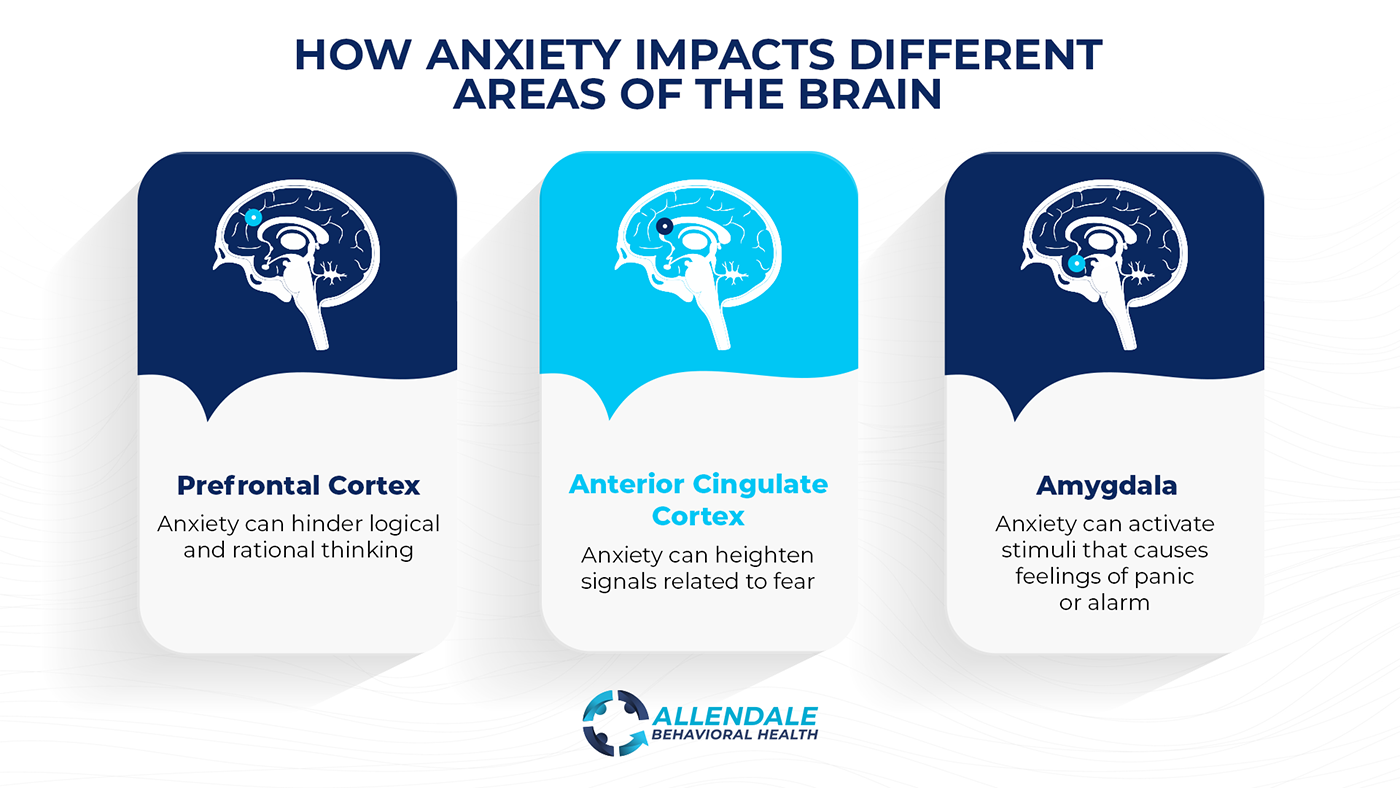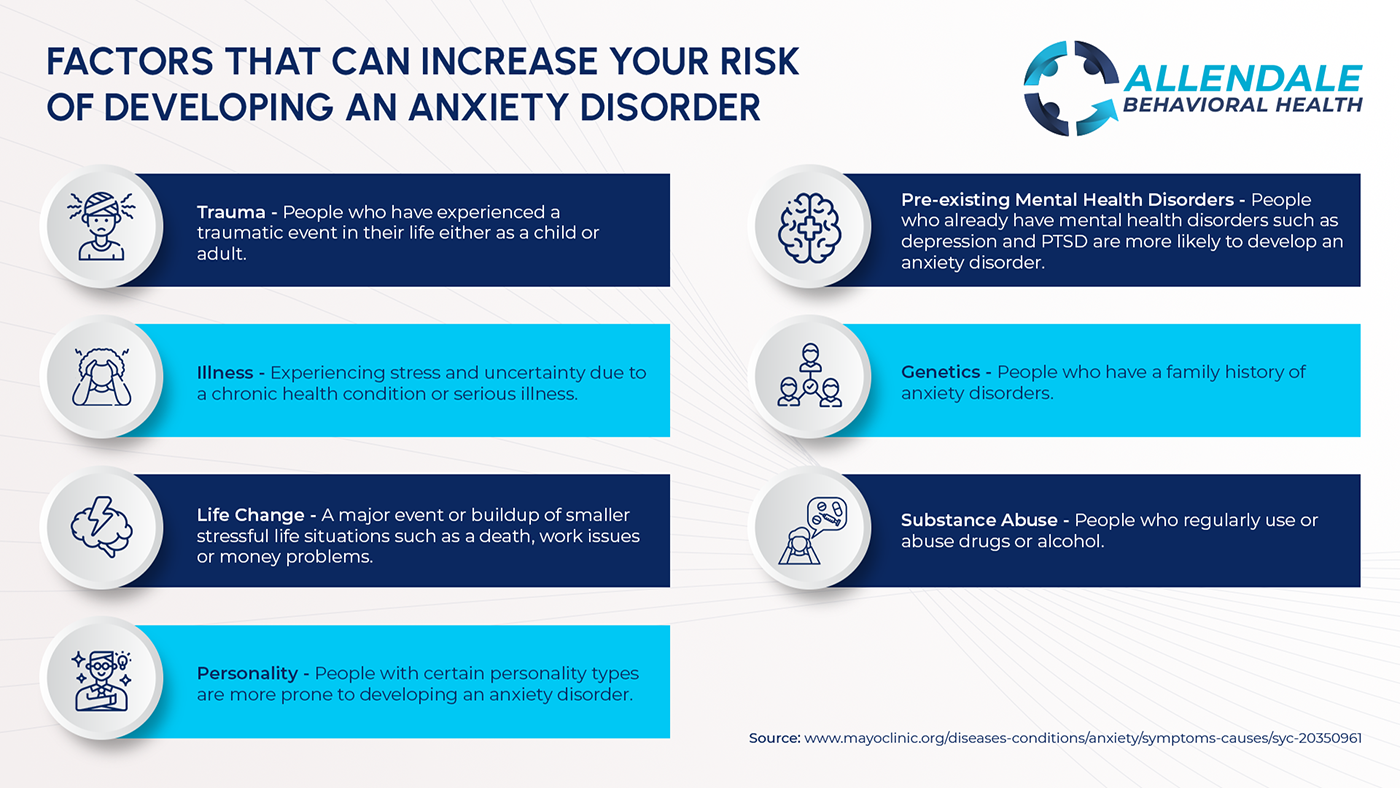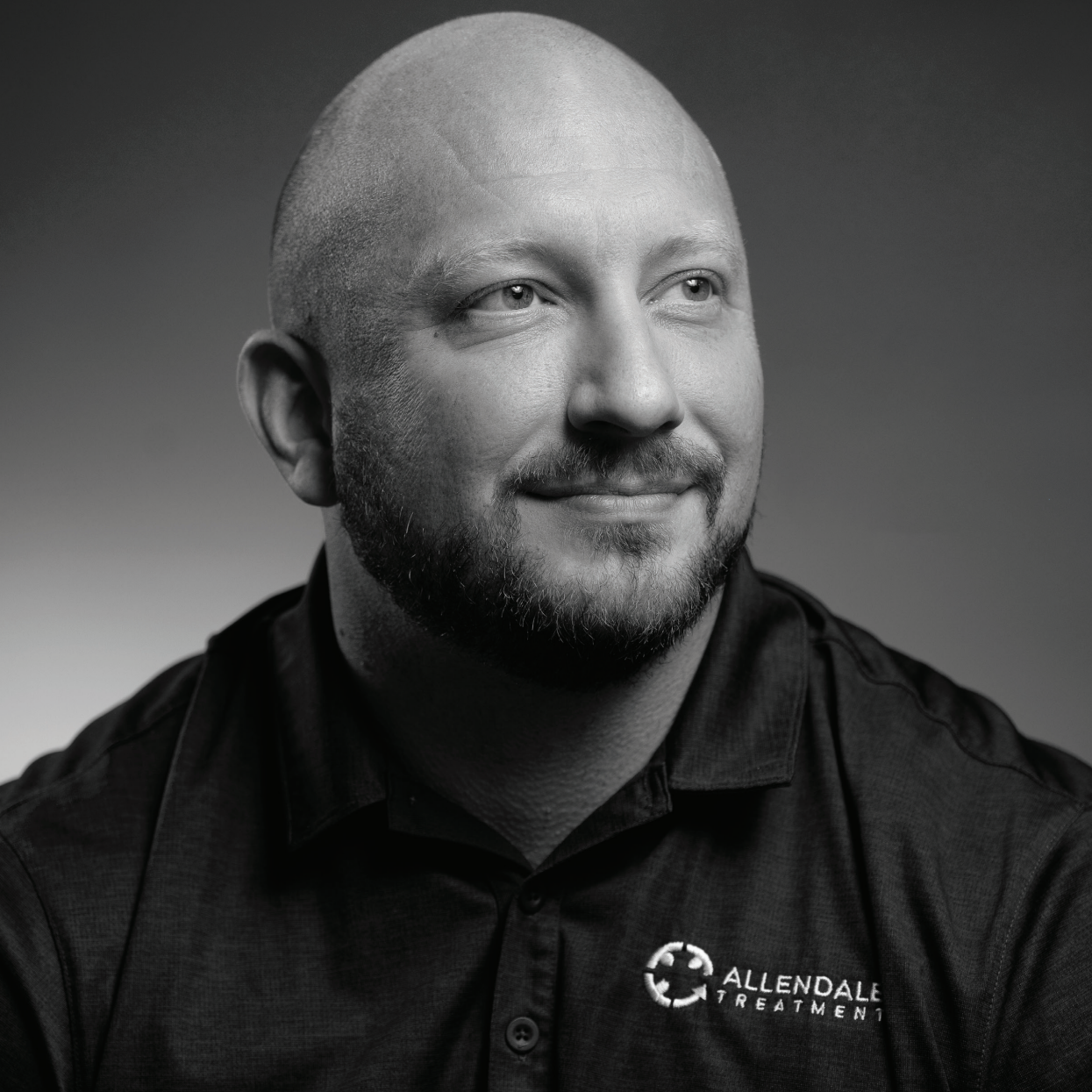Effective Strategies for Managing Anxiety
Effective Strategies for Managing Anxiety
Anxiety disorders are one of the most common mental health disorders and affect nearly 30% of adults at some point in their lives. While anxiety disorders are treatable, many people either delay or don’t receive treatment and instead deal with the symptoms. Treatment comes in different forms and can help most people lead normal and productive lives. Anxiety sufferers need to understand what type of anxiety they have to find the most effective way to treat their symptoms.
30%
30%
of adults in the US have reported symptoms of anxiety disorder in the past 2 weeks
source: Statista anxiety report, 2023
Understanding Anxiety
Anxiety is characterized by intrusive thoughts or worries that cause physical symptoms such as panic attacks. While it’s common for everyone to experience feelings of anxiety at times, people with anxiety disorders will find that these feelings can impact their daily life.
There are many different types of anxiety disorders and they include:
- Generalized anxiety disorder (GAD) – causes persistent and excessive worry about activities or events even if they are routine. It often occurs along with other anxiety disorders or depression. While 6.8 million Americans experience GAD, only 43% will receive treatment.
- Panic disorder – involves repeated episodes of sudden feelings of intense fear that reach a peak within minutes and trigger panic attacks. The sufferer may have feelings of impending doom and experience shortness of breath, chest pain, or heart palpitations.
- Social anxiety disorder – causes fear and avoidance of social situations due to feelings of embarrassment, self-consciousness and concern about being judged or viewed negatively by others.
- Separation anxiety disorder – a childhood disorder characterized by anxiety that’s related to separation from parents or other parental figures.
- Agoraphobia – a type of anxiety disorder in which the sufferer will avoid places or situations that cause them to feel trapped, helpless, or embarrassed.
What Causes Anxiety?
Anxiety occurs when a part of the brain, the amygdala, senses trouble whether it’s real or imagined. It causes the body to suddenly produce hormones such as cortisol and adrenaline as a defense mechanism which causes the body to experience a flight or fight response.


Elizabeth Fedrick, PhD, LPC says that the way anxiety is processed by the brain is what ultimately defines it.
“
“While a certain amount of fear and anxiety are normal, an over-exposure to fearful or stressful events has the potential to result in causing the fear pathways to become ‘hyperactive.’ When the fear pathways become hyperactive, this often results in the development of fear-based mental health disorders.”
Many different factors can cause anxiety to occur including genetics, trauma, or an untreated medical condition. Some examples of medical conditions that can cause anxiety include:
Chronic pain
- Chronic obstructive pulmonary disease (COPD) or asthma
- Irritable Bowel Syndrome (IBS)
- Rare tumors that produce fight-or-flight hormones
Heart disease
- Hyperthyroidism
Diabetes
Anxiety can also be a side effect of certain medications or the patient may experience anxiety when withdrawing from medication.
How Anxiety Can Impact People
When people experience physical symptoms of anxiety such as leg shaking or stomach aches, it’s because the brain is overstimulated which results in different types of physical and emotional symptoms which can vary in intensity from mild to severe.
Common symptoms and signs of anxiety include:
Feeling nervous, restless, or tense
Panic attacks
Increased heart rate or blood pressure
Rapid breathing
Sweating without exertion or feeling hot
Trembling
Feeling lethargic
Sleep issues
Stomach problems
Having difficulty concentrating and controlling worry
Avoidance of things that trigger anxiety
Popular Anxiety Coping Methods
Anxiety won’t go away on its own and can get more severe over time if the sufferer doesn’t find ways of managing it. There are several methods for treating anxiety and people may find one method to be more effective than others or could benefit from multiple treatment options.
Staying Active
Regular exercise can help reduce feelings of anxiety especially if the afflicted can find an exercise they enjoy doing. It provides them with the opportunity to recharge, interact with other people or be outside in nature.
Types of exercises that can help with anxiety include:
- Running
- Cycling
- Swimming
- Walking
- Hiking
Other exercises that can be especially beneficial include meditation and practicing mindfulness that’s why anxiety sufferers may benefit from exercises such as yoga or Pilates that emphasize breathing exercises during the workout to help people feel centered, balanced and calm.
Therapy or Counseling
Another common way of treating anxiety is through therapy or counseling. This can include cognitive behavioral therapy (CBT), exposure therapy, or a combination of therapies. CBT is the most common type of therapy used to treat anxiety since it focuses on helping the patient recognize and change harmful thought patterns that form the foundation of anxiety.
During counseling or therapy sessions the patient will also learn how to redirect their anxious thoughts and learn relaxation techniques. Their counselor or therapist may also help them with stress management and encourage them to form a support network to reach out to when they are feeling overwhelmed.
“For most people who struggle with addiction a mild or moderate form of anxiety can trigger their substance use disorder so we recommend that people seek some type of treatment for their symptoms before it spirals into something bigger.”
“For most people who struggle with addiction a mild or moderate form of anxiety can trigger their substance use disorder so we recommend that people seek some type of treatment for their symptoms before it spirals into something bigger.”

Nate Moellering
Fort Wayne Recovery & Allendale Treatment







